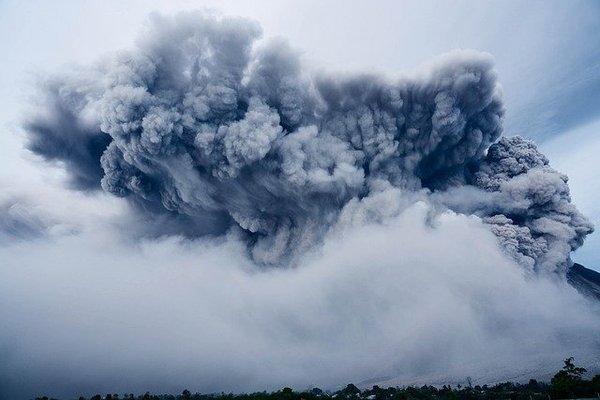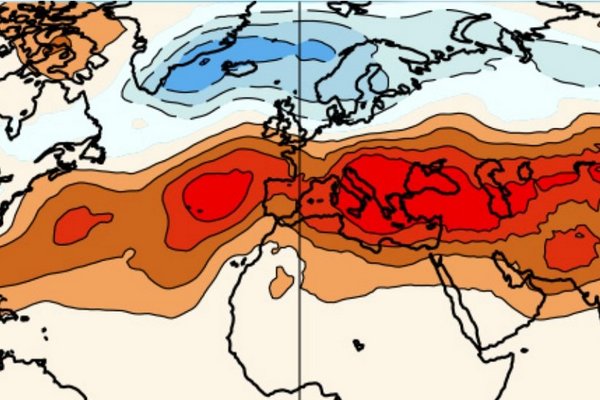
Improving predictions of hot summers in Europe
Hot summers in Europe can be better predicted if anomalies in the North Atlantic heat transport are properly taken into account, according to a study…
![[Translate to English:] [Translate to English:]](/fileadmin/_processed_/e/3/csm_iss072e001649_medium-teaser_b0bd8b095a.jpg)
How to deal with the 1.5°C Climate Target
In a position paper, the German Climate Consortium, of which the Max Planck Institute for Meteorology is a member, has made recommendations on how to…

How to make climate adaptation a success
Climate change is forcing people to adapt to changing environmental conditions. But what really makes the difference is how they do it. The recently…

Linear climate response to idealized tropical volcanic eruptions
In a new study, Dr. Claudia Timmreck, Dr. Dirk Olonscheck and Dr. Shih-Wei Fang from the Max Planck Institute for Meteorology, together with…

Are midlatitude weather and climate influenced by Arctic Amplification?
Many factors and regions can influence how the weather and the climate of the mid-latitudes may change under global warming. Particularly the…
![[Translate to English:] [Translate to English:]](/fileadmin/_processed_/a/4/csm_Screenshot_Miklip_a6cebeb932.png)
MiKlip publishes the decadal climate forecasts for 2019–2028 including the annual forecast for 2019
The MiKlip project, led by Prof Jochem Marotzke and coordinated by Dr Sebastian Hettrich at the Max Planck Institute for Meteorology, has made its…

Development of a high-resolution Earth System model and its application in CMIP6
Complex Earth system models, such as the model of the Max Planck Institute for Meteorology (MPI-ESM), have a reduced resolution for climate…
